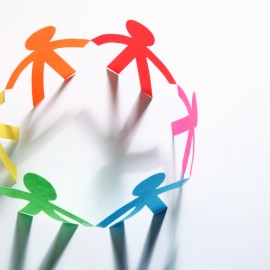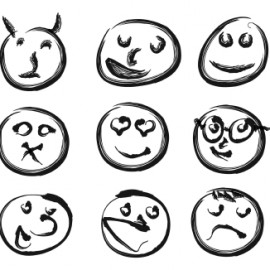Topic: groups
Groups That Work: Values
Effective working groups can continue their traditions through surprising changes in location, membership, etc.
Topics: clinician skills, groups, treatment models
Groups That Work: Climate
When a group has been mired in the hostile or helpless mode, and breaks through into work, you’ll see an almost tangible change in tone.
Topics: clinician skills, groups, treatment models
Groups That Don’t Work pt 2
We’ve never seen a group that works, right from its inception. Progress toward work usually involves struggle through one or more of these modes.
Topics: clinician skills, groups, treatment models
Groups That Don’t Work pt 1
When a group adopts one of these operating modes permanently, as a primary form of interaction, they end up actively resisting any responsibility for achieving individual and group goals.
Topics: clinician skills, groups, treatment models
Predicting Success in Groups
We don’t need to ‘cure’ social anxiety, only to increase the individual’s level of control over his or her emotions…
Topics: anxiety, counseling skills, groups, recovery support groups
Effective Group Design: Shared Understanding pt. 2
Where AA influences alcoholics toward sobriety through its peer culture, the gang down at the local pub is likely to encourage them to drink through its version of a peer culture.
Topics: clinician skills, groups, treatment models
Effective Group Design: Shared Understanding pt. 1
Not everyone attaches the same meaning to a particular term. This problem pops up a lot in counseling, treatment, and similar settings.
Topics: clinician skills, groups, treatment models
Effective Group Design: Assumptions
Building the group model around that common experience, and change-specific tasks or goals, may increase the chances for a successful outcome.
Topics: clinician skills, groups, treatment models
Alexithymia: What’s That Feeling?
It’s as if the addict is so accustomed to just acting on impulse that he/she has lost touch with the source of the impulse — ordinarily a negative emotional state such as anxiety, anger, sadness, etc.
Topics: communication, counseling skills, emotional issues, groups, signs and symptoms, therapies and tools










